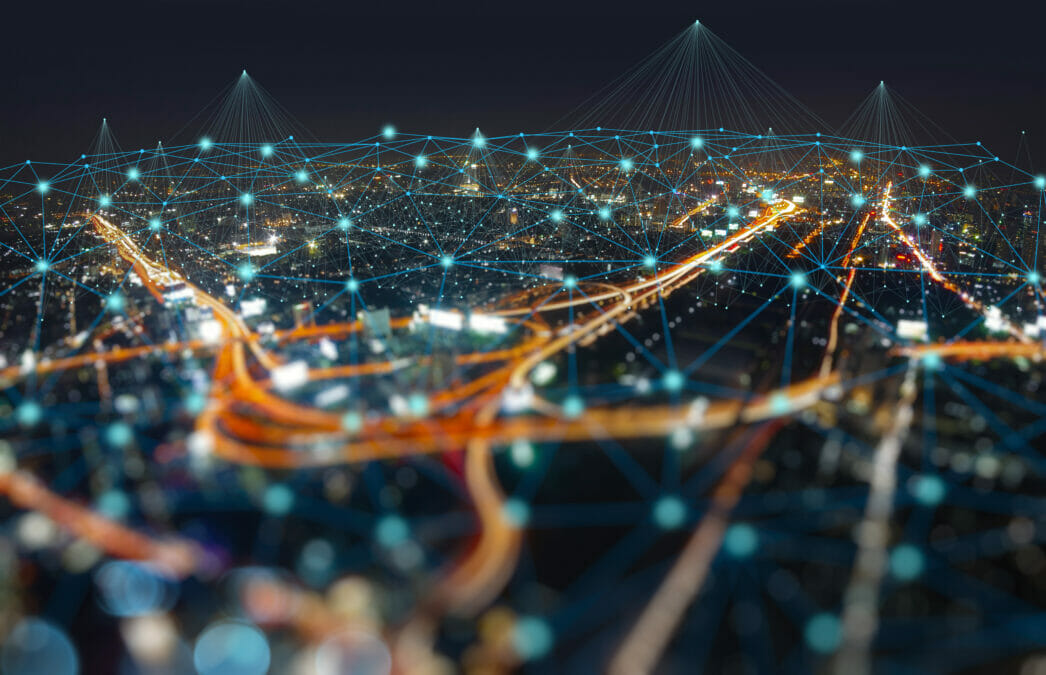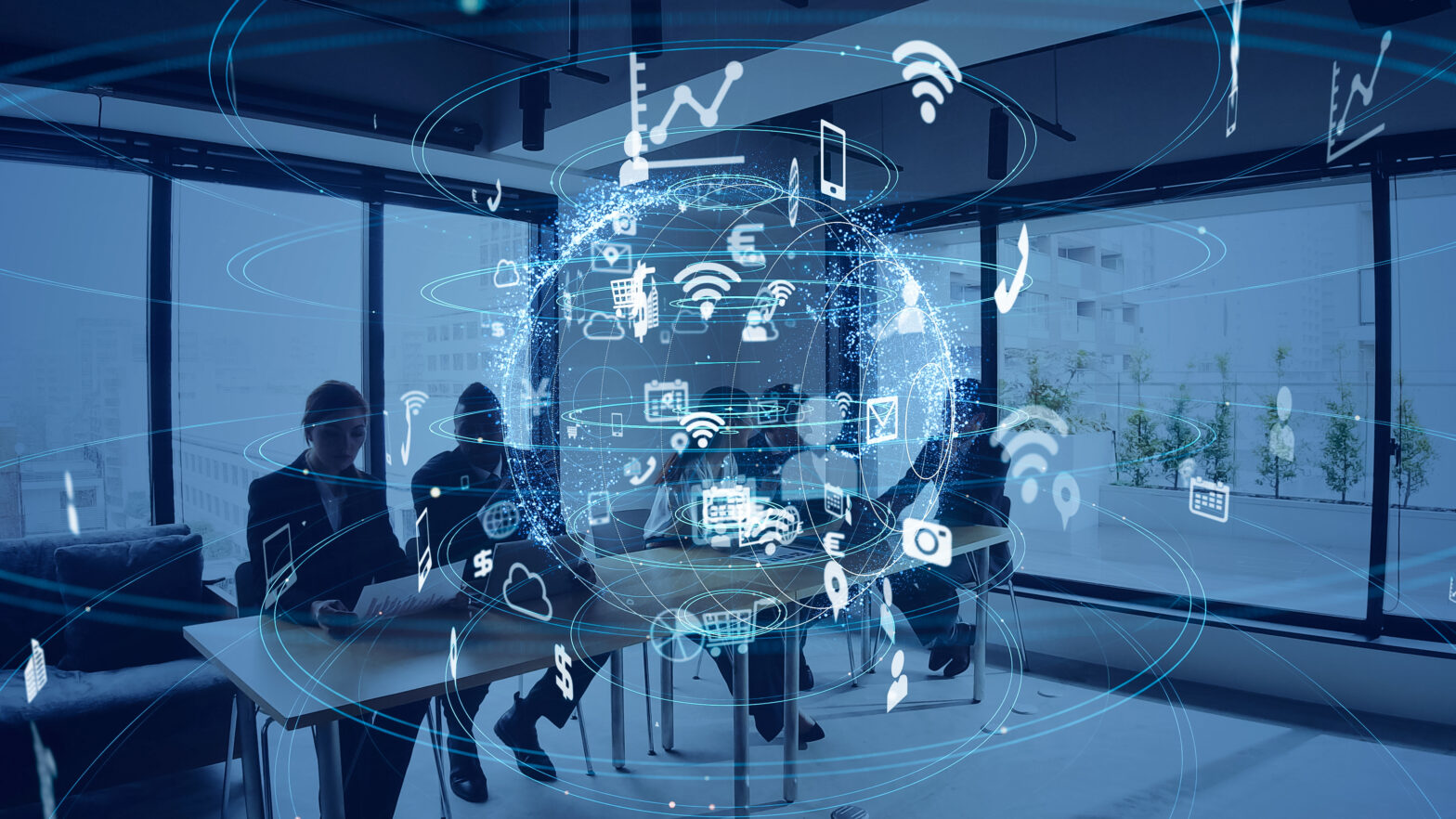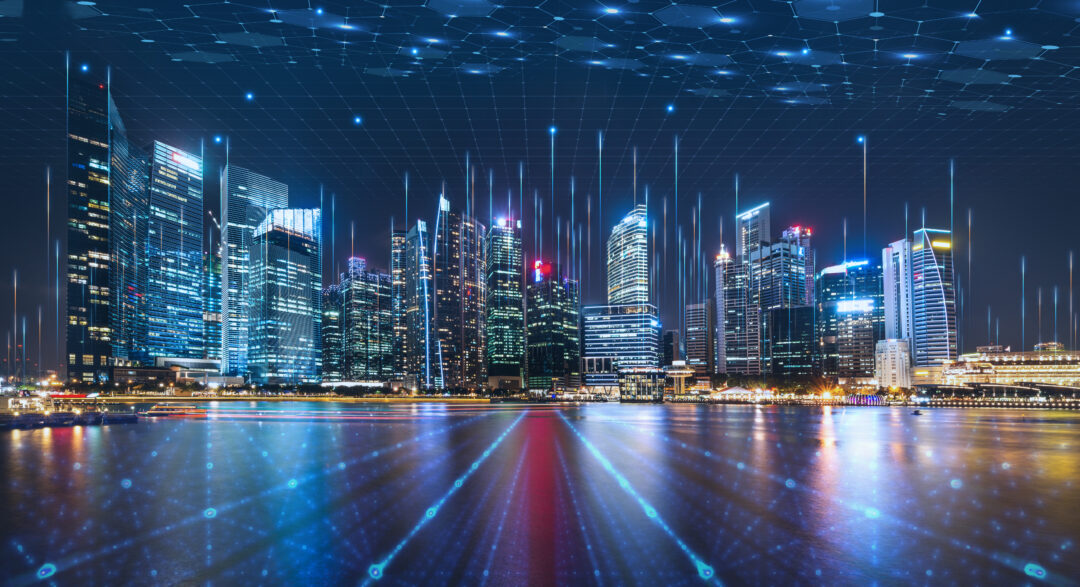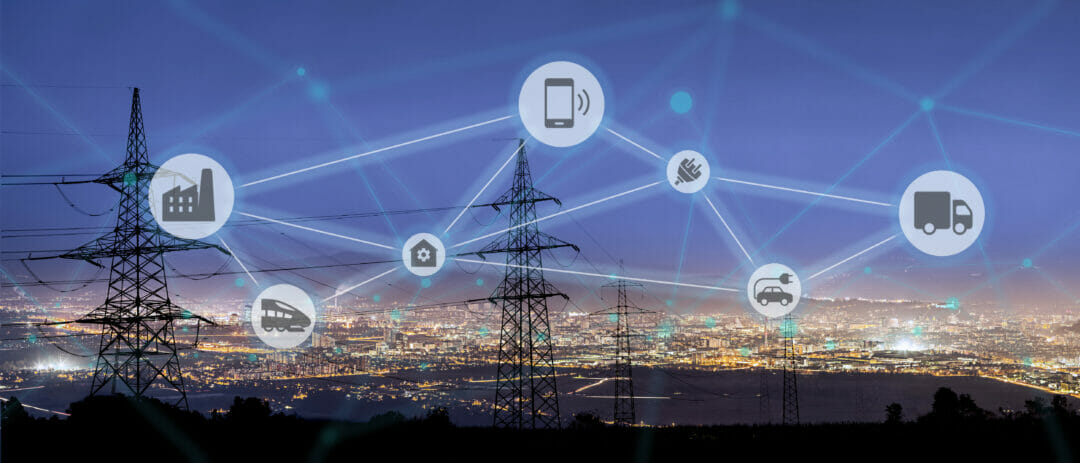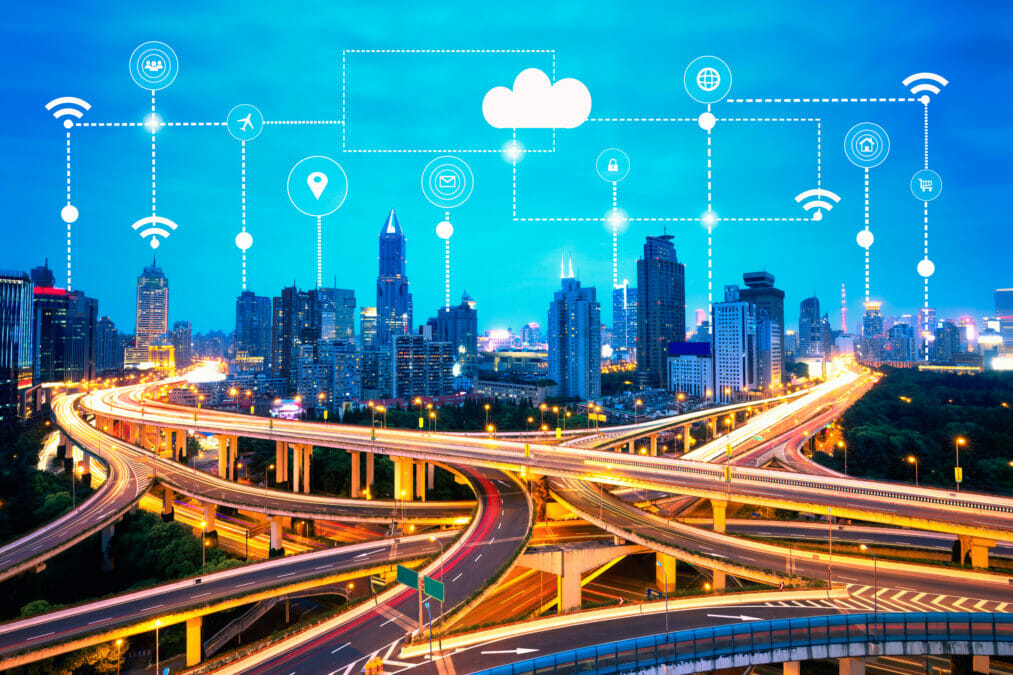Society 5.0 represents the integration of technology with everyday functions in society to solve day-to-day issues.
By incorporating technological innovations, such as AI and big data into society, the aim is to create a society where people can resolve various social challenges, such as unemployment and air pollution.
This concept differs from the already-underway fourth industrial revolution, or Industry 4.0, which is the digital transformation of the manufacturing and production process. This revolution is fundamentally changing the value creation process in these industries.
Society 5.0
As H.E. Sarah Al Amiri, Minister of State for Advanced Technology for the UAE, describes it, Society 5.0 is the “holistic integration of technology across society.”
It will change how we live, look at business and approach development, while also prioritising citizens’ wellbeing.
“This is not a technology game, but a human initiative. [To realise Society 5.0], we must continue the conversation on ethics and ensure the advent of tech is inclusive.”
The smart nation: Singapore’s masterplan
Smart societies in action
Speaking at GMIS, H.E. Dr. Amr Talaat, Minister of Communications and Information Technology for Egypt, explained that the North African country is building 17 smart cities.
He said: “All of these cities will be driven by data and managed throughout by new technology, coupled with projects aimed to increase the digital access for citizens. We will also extend our fibre optic network to every village, of which there are 4,500, in the country to serve a population of 58 million.”
This represents a “quantum leap” in terms of access to the internet and technology, but also for knowledge for Egyptian citizens.
In these societies, Patrice Caine, Chairman and CEO at Thales, explained that “AI will form the backbone.”
And, in order for this technology to be accepted, the AI must be transparent, able to justify the reasons for using it to analyse data and understandable; meaning “humans need to understand what the recommendations are and why you should say yes or no,” said Caine.
Dr. Amr Talaat also noted that when rolling out this ambitious Society 5.0 city project, there needs to be a “delicate balance between exploiting data and driving value out of it, and protecting the privacy of the owners’ data.”
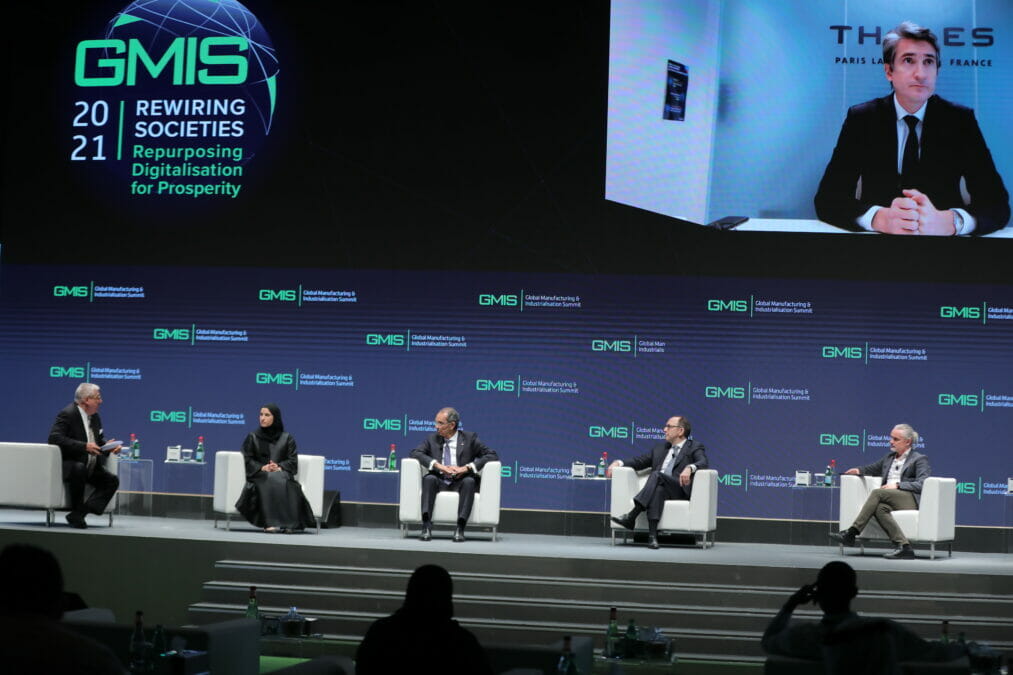
Public and private sector collaboration
Governments and private organisation’s need to work together to realise the Society 5.0 ambition and ensure that the transformation is inclusive.
The challenge with building this society is “ensuring equal access to the technology and its ease of use,” explained H.E. Sarah Al Amiri.
The speed of advancements could leave people behind and it’s important that government’s and private companies work together to train different demographics, while also establishing meaningful ownership rights over personal data – the lifeblood of these super smart cities.
Peter Gassmann, Global Leader, Strategy & ESG at PWC, added: “An alliance between government, academia and private companies needs to be reached to remove barriers to access and create an inclusive society through [technology].
“The pandemic has shown we can can behaviours rapidly and all parties will need to come together to provide the digital opportunity for everyone.”
Future societies need to prioritise empathy
H.E. Sarah Al Amiri described society “as an intangible infrastructure connected via human communication.”
That communication is now collected and technology adds on further information, knowledge and insights.
With the advent of interconnecting technologies driving Society 5.0, it’s important “empathy is added to this infrastructure paradigm, not leaving other nations [citizens] behind,” she continued.
This point around empathy is important to Martin Wezowski, Chief Futurist at SAP, who said technology products and services are ultimately tools designed for the advancement of society, and this shouldn’t be forgotten in the transformation of cities.



